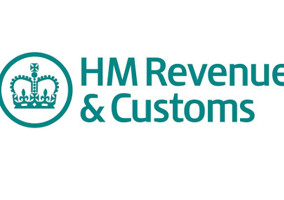The Charity Finance Group (CFG) has warned that updated VAT guidance published by HM Revenue & Customs could be damaging to small organisations as it appears to contradict accepted practice in the sector.
Andrew O’Brien, CFG’s director of policy and engagement, said HMRC should have consulted charities themselves on the guidance, which he said fails to reflect “reality on the ground”.
O’Brien said areas of particular concern for his organisation include the guidance’s insistence that a payment is more likely to be outside the scope of VAT if suppliers set their own targets instead of the funder. He said this does not recognise co-created targets.
HMRC’s guidance says funders in these circumstances will not attempt to control how the money is spent beyond seeing that the funds are properly managed. Any monitoring is no more than simply ensuring the payments are appropriately spent.
“What does this mean in practice? Does having review meetings on a grant count?” said O’Brien.
'Could impact signficantly on small charities'
The guidance says that VAT-exempt funding should be drawn down by the supplier as a reimbursement of expenditure incurred, rather than an advance payment for services. Although it says alternatively, there may be a deficit funding arrangement whereby the funder agrees to plug any funding gaps.
O’Brien said: “This could have a significant impact on small charities, where cash flow is already a problem.”
He added there are also concerns about HMRC's instruction that payments made by the funder to the supplier should be for the provision of particular services to its clients.
O’Brien said: “It is good to see HMRC updating guidance so that charities are left in a clearer position about complex VAT rules. However, whilst this new guidance is an improvement in parts, it also appears to contradict with accepted practice in the charity sector. This could be particularly damaging to small organisations which rely on grants the most.
“It is good that that HMRC have consulted with some legal experts, but they should also engage with practitioners, so that guidance reflects reality on the ground. This is also a concern that this guidance, which is pushing charities to use more unrestricted grants is in direct contradiction with the Charity Commission which is trying to encourage charities to use restricted grants.”
Related articles












